Pakistan seeks peaceful relations with India based on sovereign equality and the resolution of core issues, particularly Jammu and Kashmir, which remains an internationally recognised dispute. India’s unilateral actions in IIOJK and refusal to engage in meaningful dialogue continue to strain ties. The BJP government’s hardline stance has deepened hostility, with missed opportunities for rapprochement. Despite this, dialogue remains essential for lasting peace. The Four-Point Proposal is seen as a viable framework for resolving disputes, supported by past backchannel negotiations. Strategic shifts, such as the US Indo-Pacific strategy and India’s growing alignment with the US, have regional implications for Pakistan.
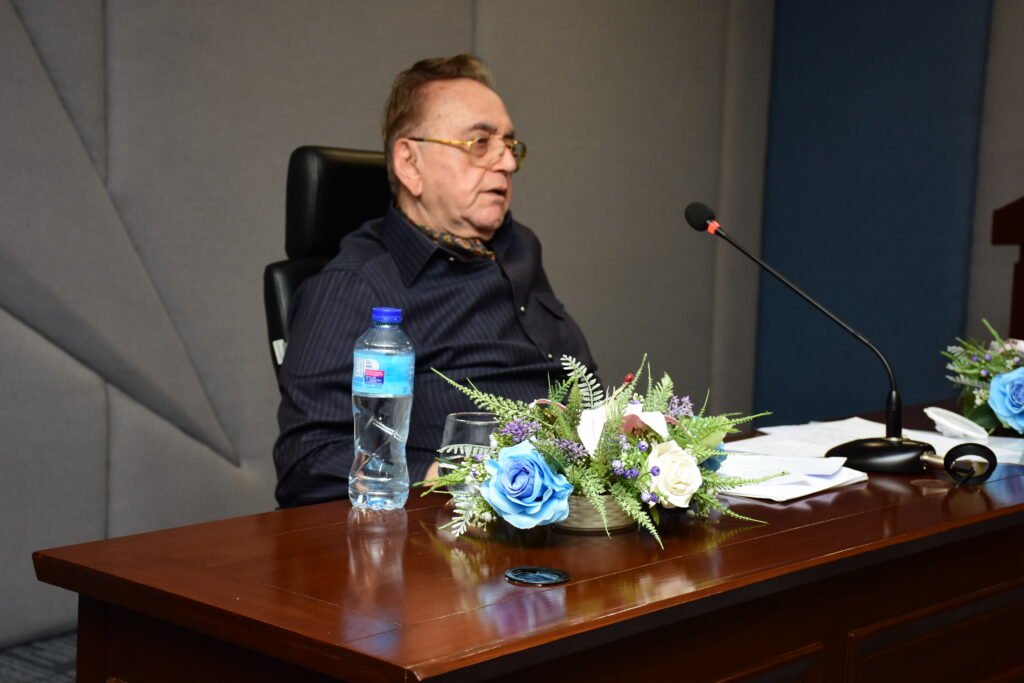
Seminar
Managing Pakistan’s Relations with India
June 8, 2023
The seminar explored the complex dynamics of Pakistan-India relations, focusing on the historical context, recent developments in Indian policy under the BJP, and the implications of regional and global strategic shifts.
Inspired by the Quaid’s vision of “peace within and peace without”, Pakistan has always desired good neighbourly relations with India based on sovereign equality, mutual respect, and the peaceful settlement of all outstanding issues, especially the Jammu and Kashmir dispute. However, the two countries have a history of adversarial relations.
Under the BJP, India’s approach and attitude towards Pakistan have been very hostile. Driven by ‘Hindutva’ ideology and closely aligned with the fascist Rashtriya Swayamsevak Sangh (RSS), the ruling BJP government of Mr. Narendra Modi has been pursuing sinister designs to systematically disempower and dispossess the Kashmiri Muslims and rob them of their religious and cultural identity. Pakistan downgraded relations with India after it unilaterally and illegally annexed IIOJK on August 5, 2019, by revoking Article 370 and Article 35-A of the Indian constitution. India is also systematically and forcibly altering the demographic structure of IIOJK. Earlier in May 2023, the Foreign Minister of Pakistan visited India to attend an SCO moot. This was the first high-level visit from Pakistan to India in more than a decade. There were no bilateral meetings. The Indian Foreign Minister made contemptuous press comments about Pakistan. The diplomatic stalemate between the two countries continues to persist.
Pakistan’s relations with India are a major factor in the conduct of our foreign policy. At the global level, India has become a pivot for the Indo-Pacific strategy of the United States, and its strategic and economic partnership with the US continues to deepen. India continues to relentlessly pile up military acquisitions, enhancing conventional weapons’ asymmetries.
Currently, Pakistan is facing serious external and internal challenges. It is, therefore, essential to review the policy options available to Pakistan in managing its ties with India. Against this backdrop, a seminar on “Managing Pakistan’s Relations with India” was organised on June 8, 2023, at the Centre for Aerospace and Security Studies (CASS), Lahore, to seek an in- depth analysis of Pakistan-India relations and deliberate upon well- considered policy recommendations.
The seminar was chaired by Air Marshal (Retd) Asim Suleiman, President of CASS Lahore. The master of ceremonies was Ms. Nida Rehman Khattak, a researcher at CASS. The introductory remarks were presented by the Director Foreign Affairs CASS Ambassador (Retd) Muhammad Haroon Shaukat. The keynote speaker was Mr. Khurshid Mahmud Kasuri, former Foreign Minister of Pakistan. The seminar was attended by senior serving and retired PAF officers, academicians from different universities, and representatives from local think tanks.
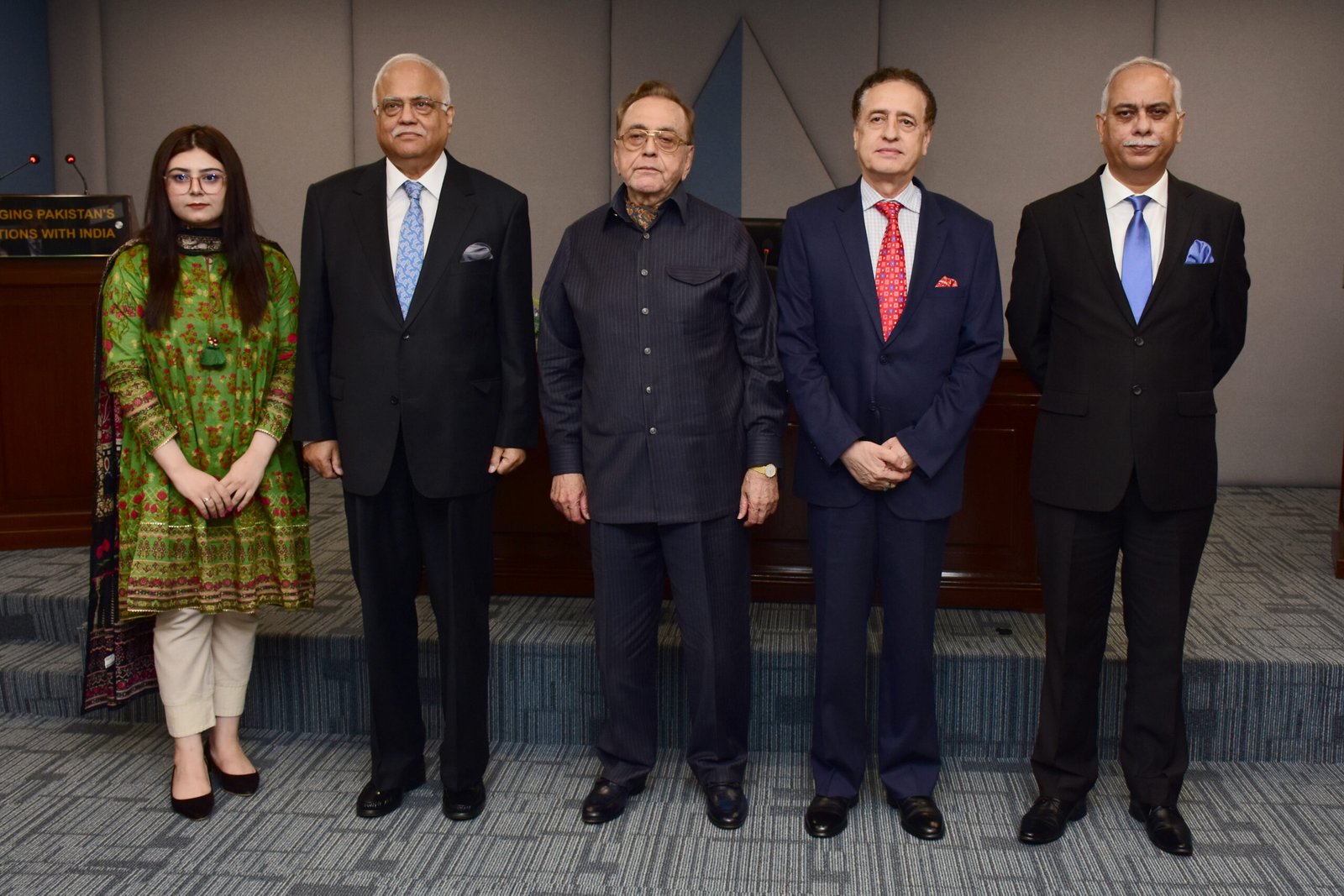
Key Takeaways
Policy Considerations
Pakistan should continue striving for peaceful relations with India based on sovereign equality and the resolution of key disputes, particularly Jammu and Kashmir, while reinforcing its diplomatic and media efforts to expose India’s illegal actions and human rights violations in IIOJK. Backchannel diplomacy should be pursued cautiously and strategically. Internally, Pakistan must prioritise political stability, economic self-reliance, and inclusive development to strengthen its external diplomacy. Additionally, Pakistan should capitalise on its geostrategic position, enhance ties with global and regional powers—including China, the US, the EU, Russia, and emerging economies—and actively project its strategic relevance on the world stage.
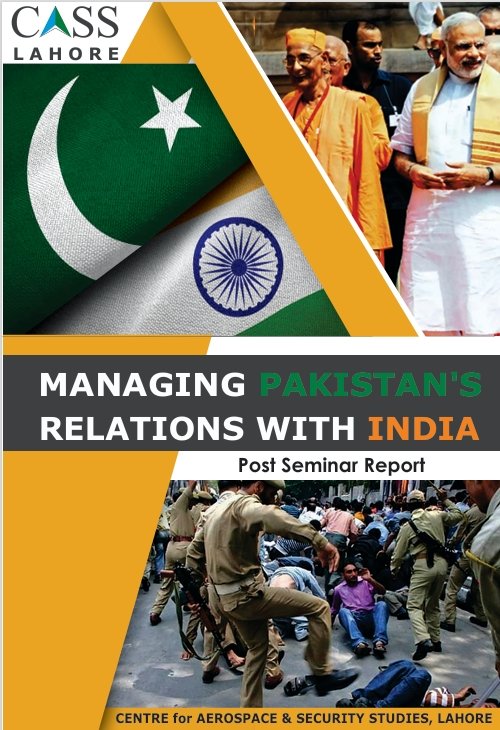
Post Event Report
A comprehensive overview featuring key insights, expert discussions, and strategic takeaways from the event.
Explore speaker highlights, recommendations, media coverage, and event photographs.
Guest Speakers
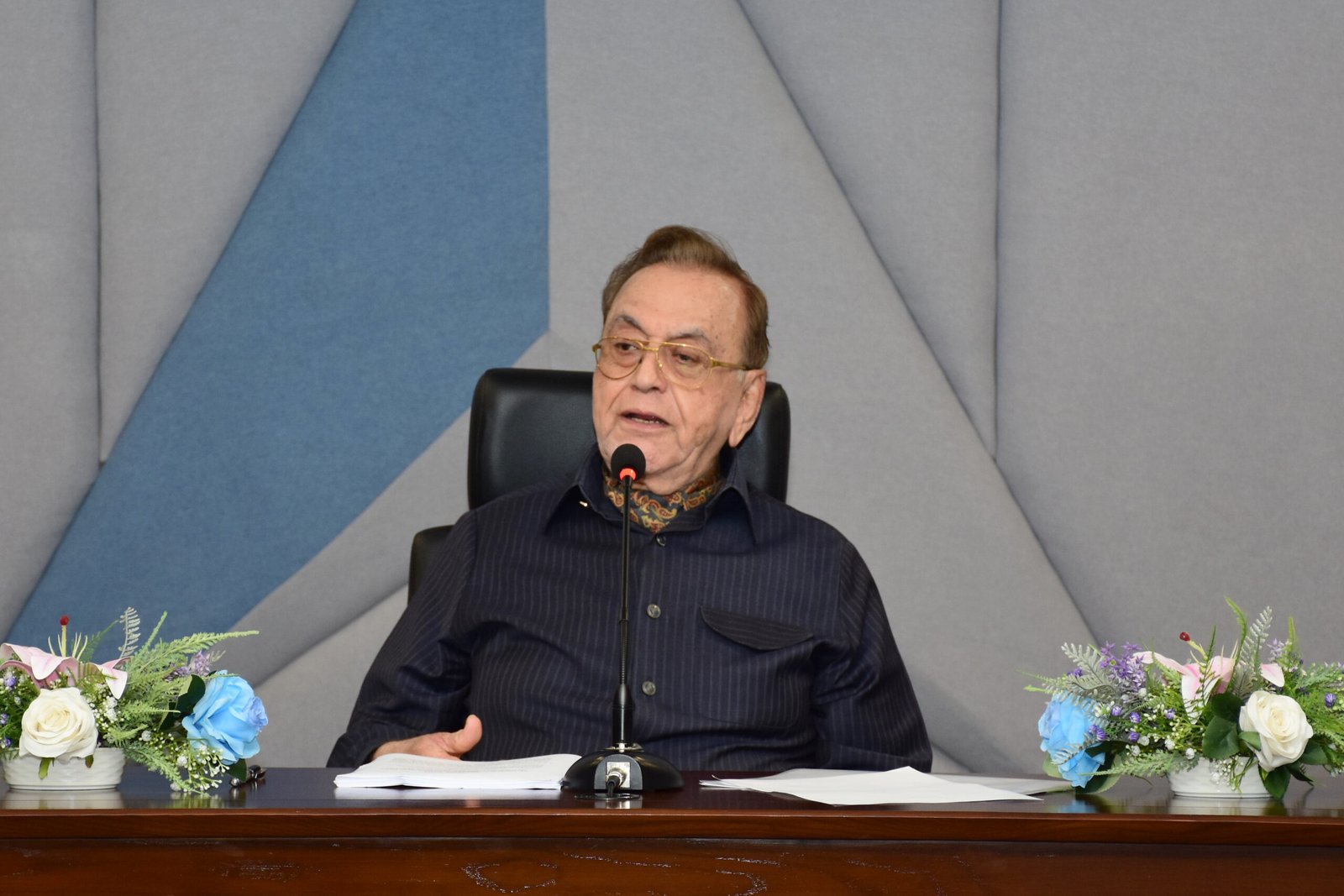
Mr. Khurshid Mahmud Kasuri
Former Foreign Minister of Pakistan
Khurshid Mahmud Kasuri is the former Foreign Minister of Pakistan from 2002-2007 as well as a former caretaker Minister for Parliamentary Affairs. He had a brilliant academic record. He topped in the B.A (Hons.) examination of the Punjab University. He did his Tripos in law at Cambridge University. After Cambridge, he was admitted to Oxford University for post-graduate studies in Public Administration and Political Science. He took French Civilization courses at the Sorbonne University in Paris and the University of Nice in France. He was called to the Bar from Gray’s Inn, London.
Mr Kasuri is the author of Neither a Hawk Nor a Dove: An Insider’s Account of Pakistan’s Foreign Policy, a comprehensive account by a Pakistani Foreign Minister who contributed to moving the peace process with India forward. It provides a detailed analysis of the Kashmir issue and the complex Pakistan- US-Afghanistan-India quadrangular relationship. Mr Kasuri took an active part in improving relations with India as he strongly believed that regional connectivity would best serve Pakistan’s national interest. It’s now generally accepted that major improvement in relations took place as a result of the peace process conducted under the Composite Dialogue as well as on the backchannel on Kashmir.
He became a member of Pakistan’s National Assembly from NA-142 (Kasur- V) in 1993 to 1996 and later in 1997 to 1999 and served on the Parliamentary Standing Committee on Foreign Relations. He was elected as Chairman of the Standing Committee on Information and Media Development from 1997-
99. He again became a member of the National Assembly in 2002 and became the Minister of Foreign Affairs.
He is the Chairman of the ‘Institute of Peace & Connectivity’ (IPAC), the ‘Understanding China Forum (UCF), and the Pakistan Forum and is the Co- Chief Patron of the Karachi-based ‘Pakistan Council on Foreign Relations (PCFR).
CASS Speakers
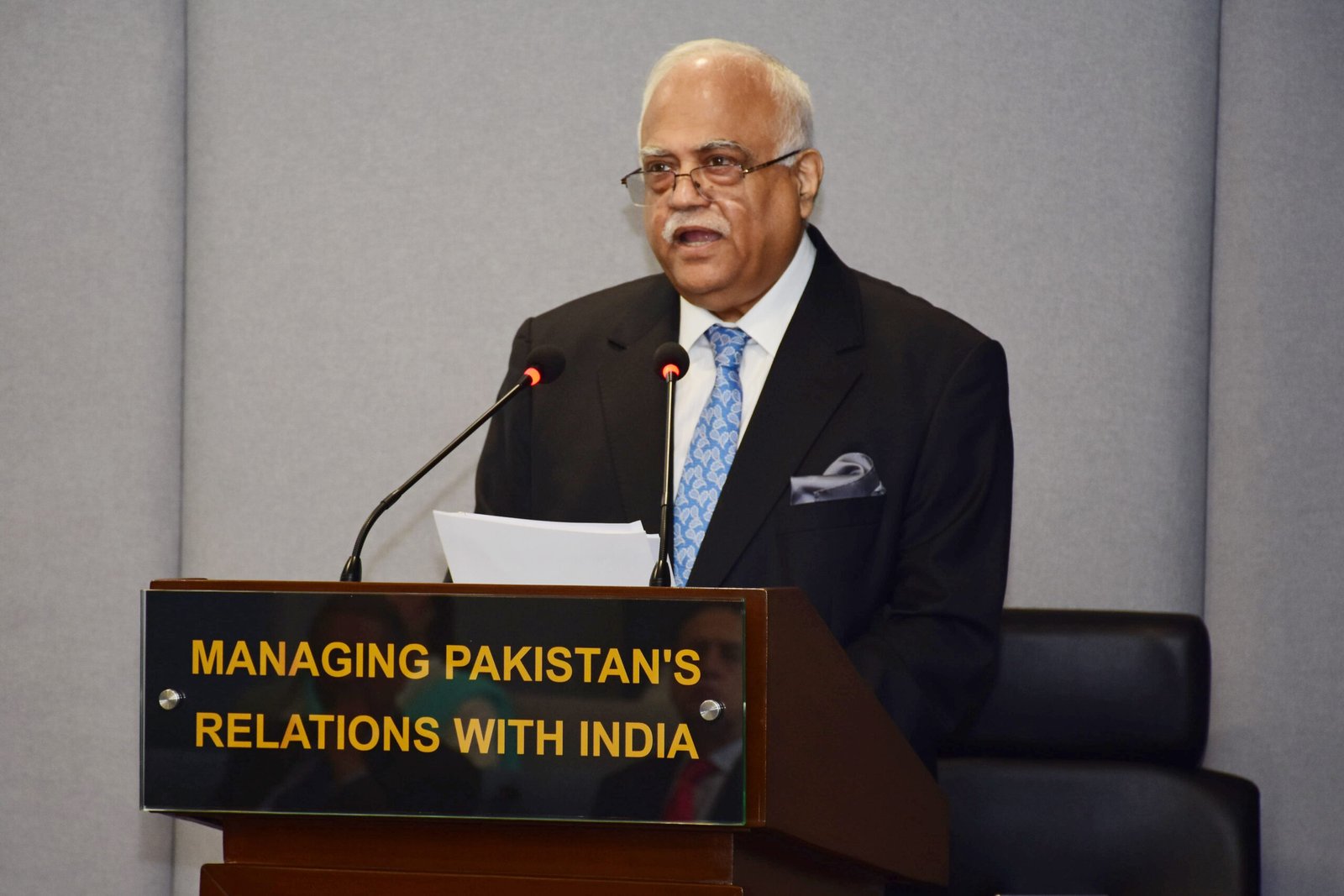
Ambassador (Retd) Muhammad Haroon Shaukat
Director Foreign Affairs, CASS Lahore
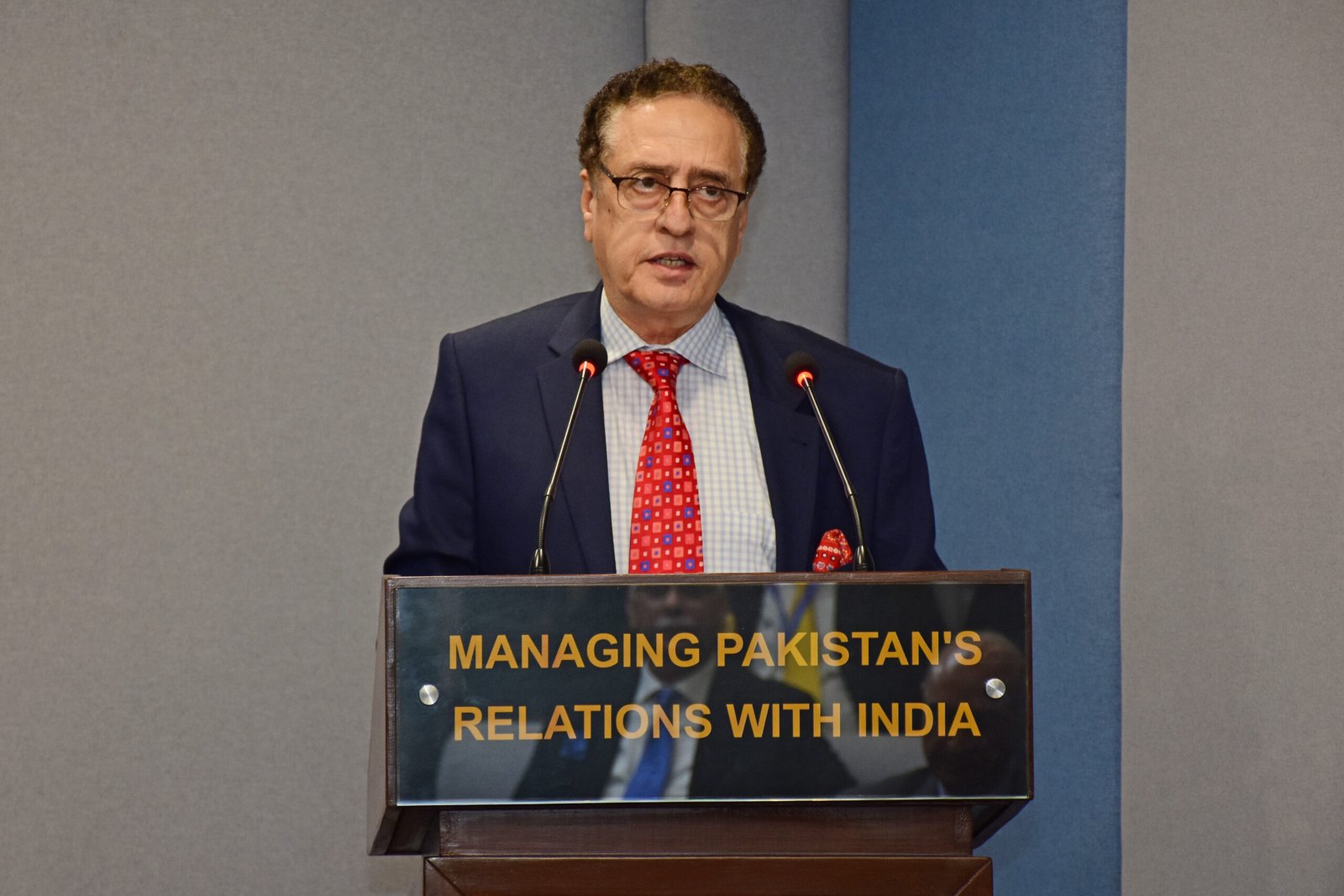
Air Marshal Asim Suleiman (Retd)
President, CASS Lahore
Master of the Ceremony
Researcher, CASS Lahore
Nida Rehman Khattak
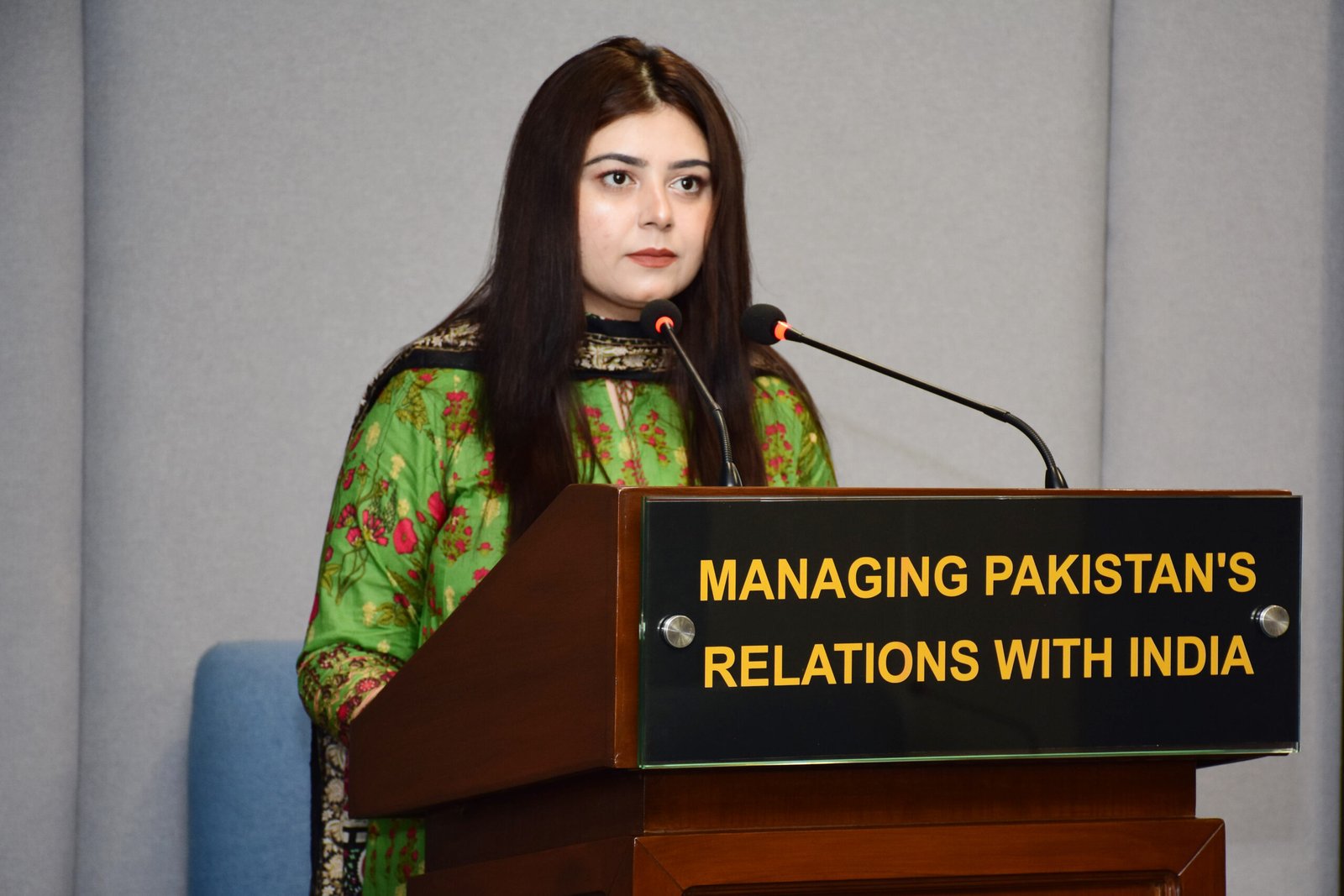
CASS LAhore

The Centre for Aerospace & Security Studies (CASS) was established in July 2021 to inform policymakers and the public about issues related to aerospace and security from an independent, non-partisan and future-centric analytical lens.


